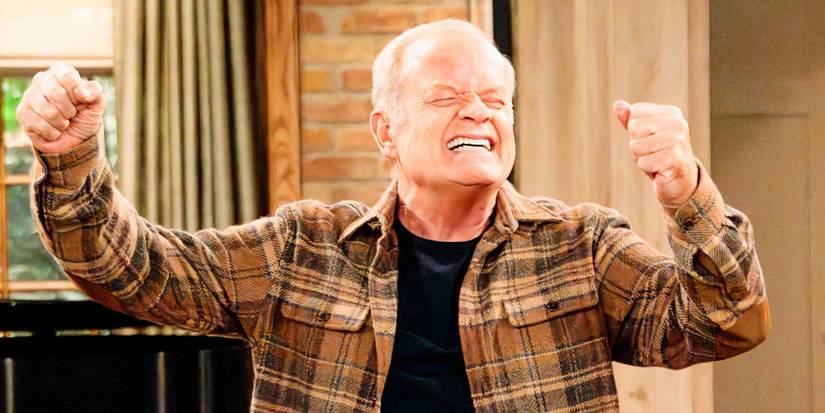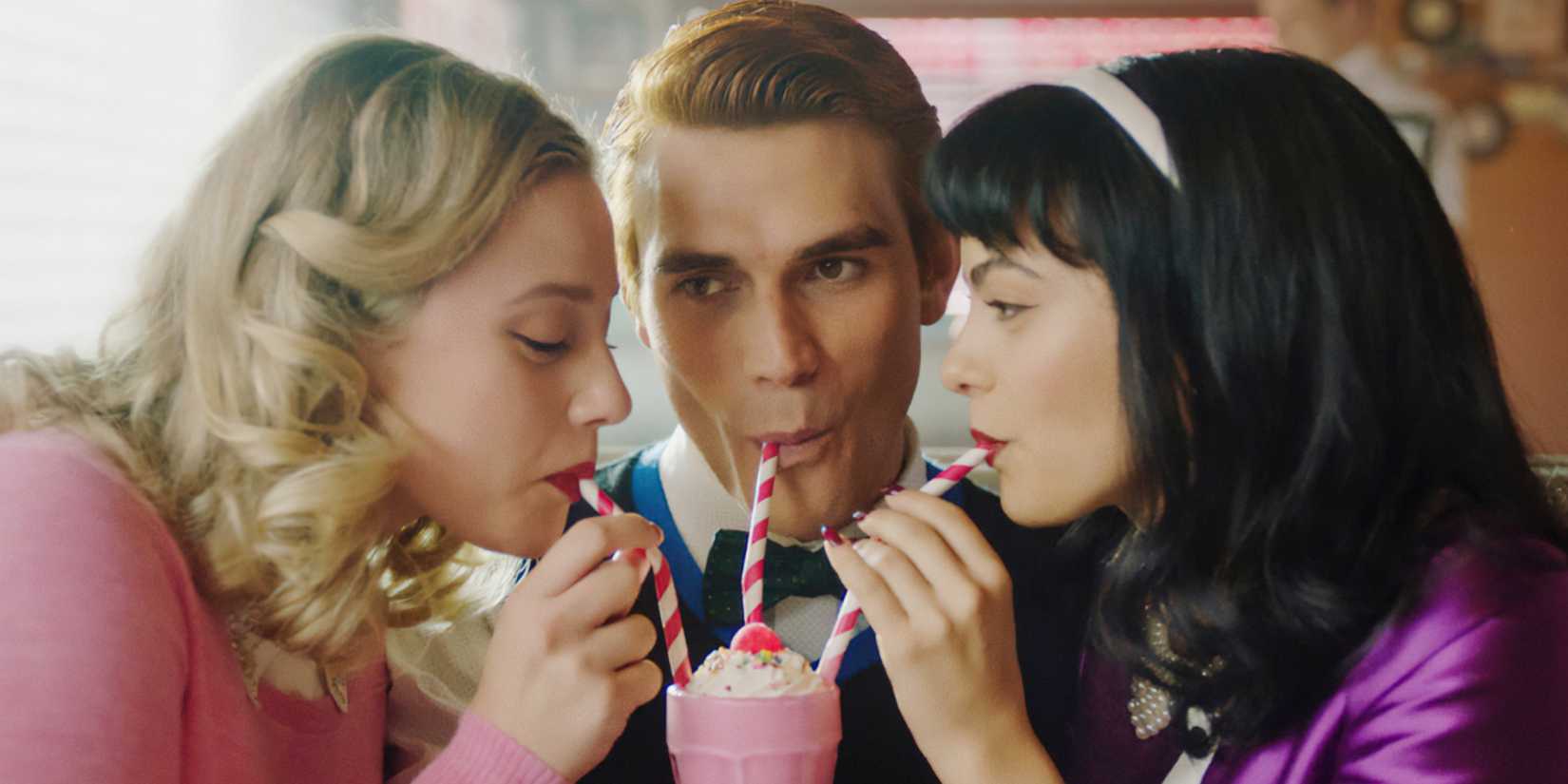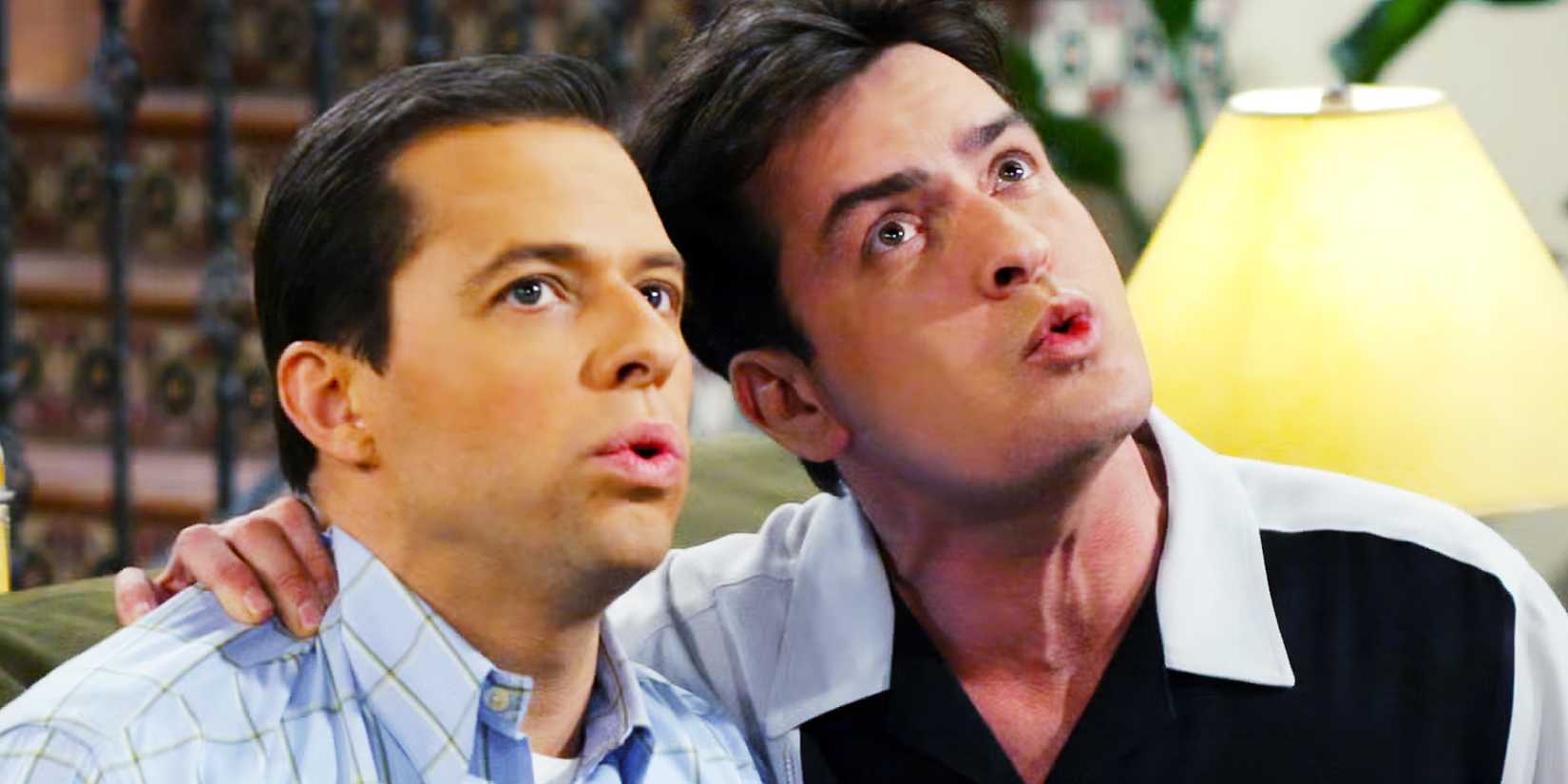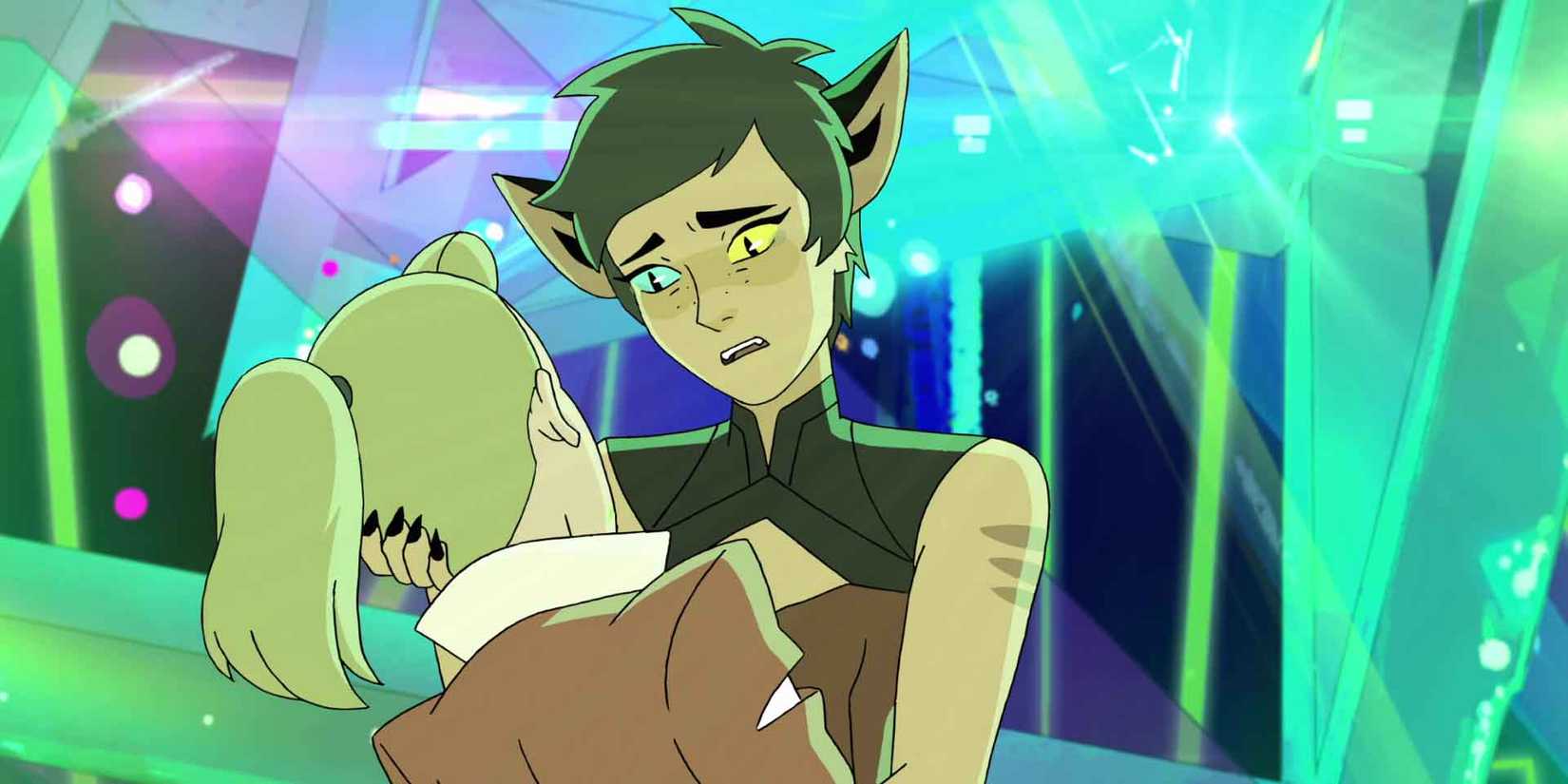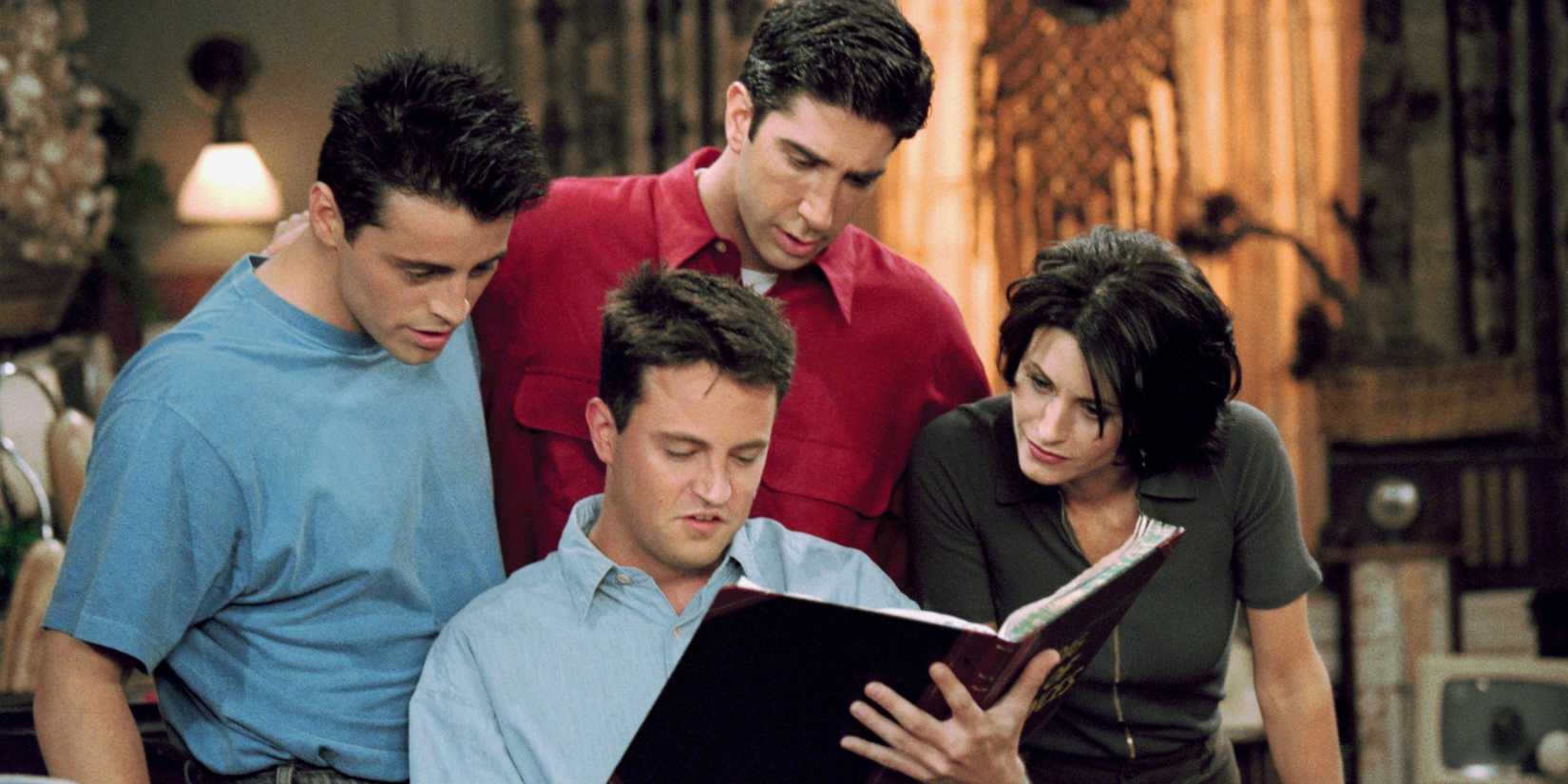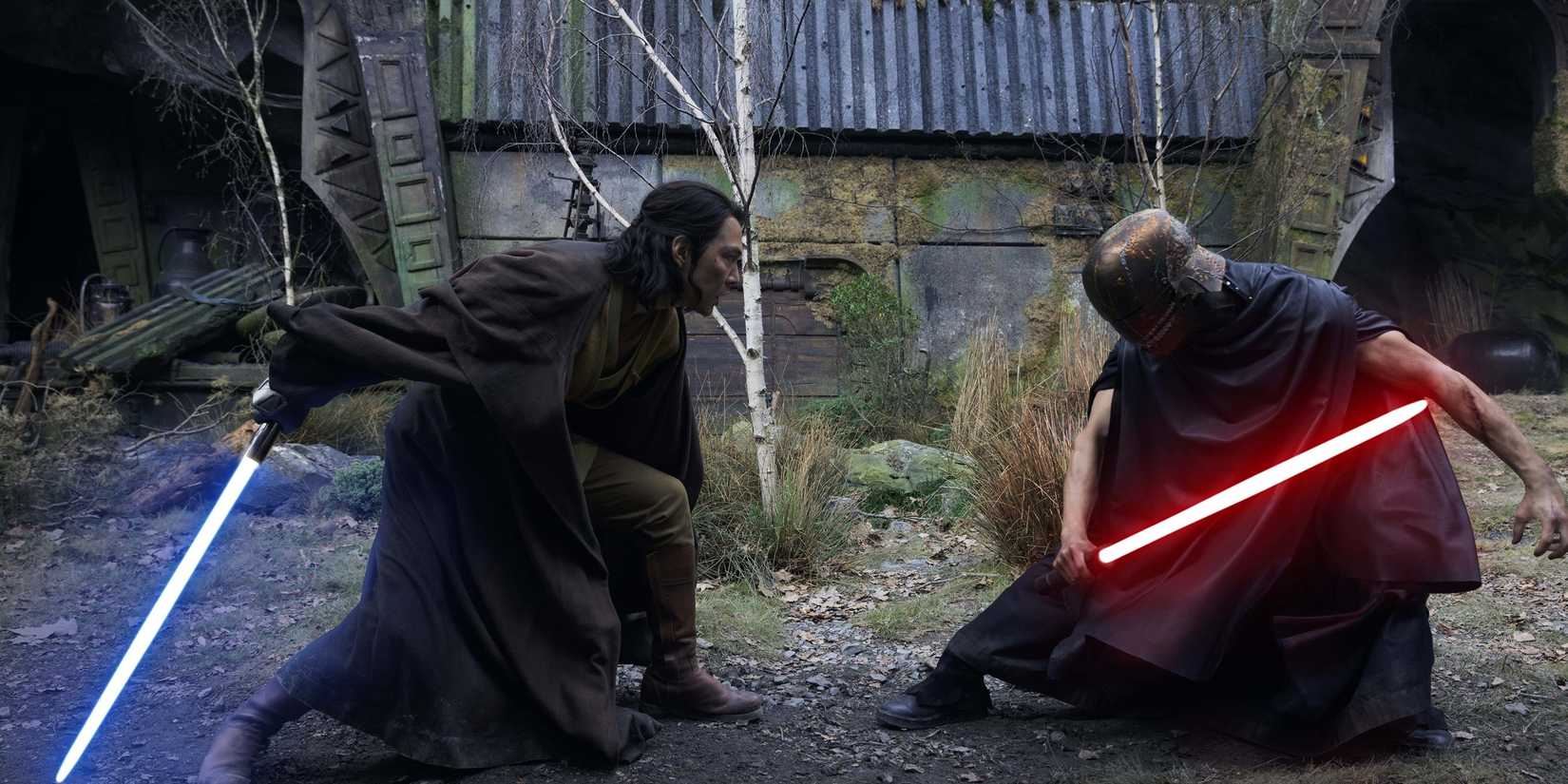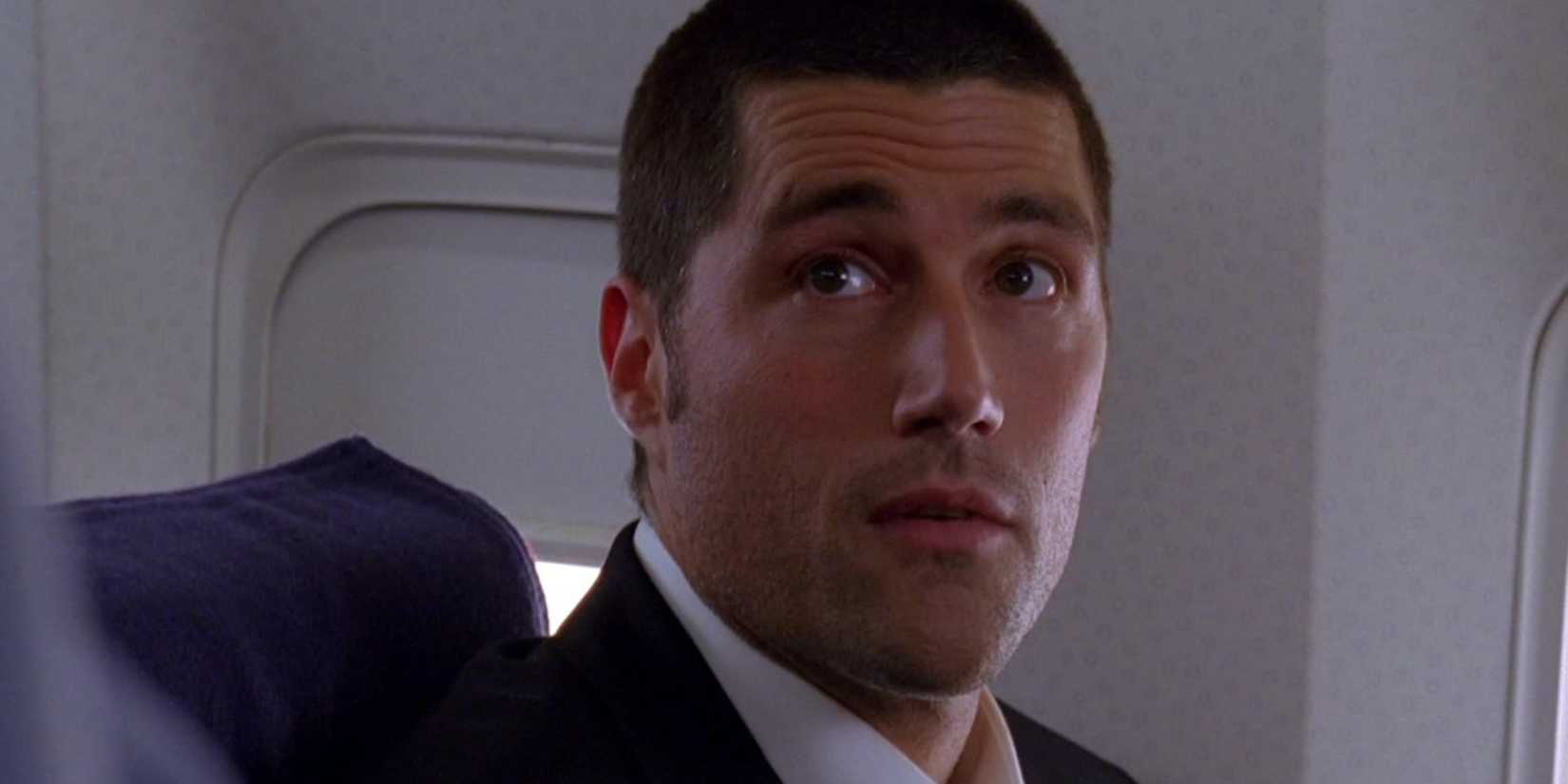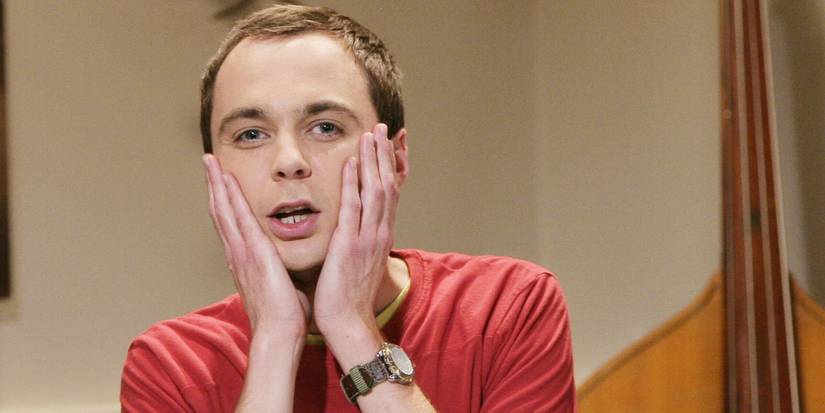Some TV shows seem destined to carry a bad reputation no matter what they do. Whether it’s because of fan backlash, controversy surrounding cast members, or a general misunderstanding of what the show was trying to achieve, these series get unfairly dismissed.
Yet behind the negative noise, many of these so-called “bad” shows actually deliver clever writing, stellar performances, and deeply rewarding storytelling for those who give them a fair shot. There are a lot of series out there that are incredibly worthwhile for viewers who can look past their reputation and give them a chance.
Some series are hated because they reinvent a beloved IP in ways audiences never expected, while others are burdened by divisive finales or outdated assumptions about their quality. There are certainly TV shows that deserve every ounce of criticism they receive, but these ones definitely don’t. Each of them has been unfairly judged, and it’s time to give them the credit they deserve.
Demon Slayer (2019-Present)
A Visual Masterpiece That Proves Heart And Substance Matter Just As Much As Style
Demon Slayer has become one of the most successful anime series of all time, yet it’s constantly brushed off by some anime fans as all spectacle and no depth. The criticism often stems from its stunning animation, courtesy of Japanese studio Ufotable, being so good that many assume it’s compensating for weak storytelling. That assumption couldn’t be further from the truth.
At its core, Demon Slayer is a beautifully emotional series about family, trauma, and perseverance. Tanjiro Kamado isn’t just another shonen hero swinging a sword. His compassion, empathy, and moral strength make him one of anime’s most compelling protagonists. The narrative is tightly structured, and the pacing ensures every arc feels purposeful.
Beyond the dazzling fight sequences, Demon Slayer is layered with meaningful character development and rich emotional storytelling. The tragedy of the demons and the humanity of their struggles elevate it far beyond a typical fight scene focused anime. The hate it’s inexplicably received is entirely misplaced.
Teen Titans GO! (2013-Present)
A Chaotic, Hilarious, And Surprisingly Smart Kids’ Show That Never Deserved The Backlash
Few animated reboots have received as much backlash as Teen Titans GO!, a show that’s become a punching bag for nostalgic fans of the original Teen Titans. Many viewers dismissed it as a dumbed-down, juvenile parody that betrayed its predecessor’s tone. What they miss, though, is that GO! was never trying to replace the original; it was reinventing the Titans through a new, self-aware comedic lens.
The humor is razor-sharp, meta, and brilliantly absurd. From poking fun at DC lore to parodying pop culture itself, Teen Titans GO! constantly proves it’s far cleverer than its critics give it credit for. The dynamic between Robin (Scott Menville), Raven (Tara Strong), and the rest of the team keeps the energy chaotic in the best way possible.
It’s one of the most creative animated comedies of the past decade, confident enough to laugh at itself while still delivering genuine heart. Hating Teen Titans GO! just means missing out on a show that’s mastered the art of joyful nonsense.
The Frasier Reboot (2023-2024)
A Surprisingly Warm And Witty Revival That Deserved Far More Time To Flourish
When the Paramount+ reboot premiered, fans of the original Frasier were skeptical, and many never moved past that. Some dismissed it simply because it wasn’t the Frasier they remembered, while others accused it of failing to recapture the wit of the original. Unfortunately, the new series barely had a chance to prove itself before being canceled.
Yet beneath the nostalgia-fueled criticism was a show that stood proudly on its own merits. Kelsey Grammer’s return as Frasier Crane brought back the character’s pretentious charm, but this time, there was more warmth and vulnerability than before. The reboot offered a genuinely uplifting tone, a celebration of moving forward and finding humor in aging and change.
Its writing had shades of classic Frasier banter, and the ensemble cast clicked far better than critics admitted. It may not have replicated the original’s perfection, but it didn’t need to. The Frasier reboot deserved a little more time and much more love.
Riverdale (2017-2023)
A Gloriously Unhinged Teen Drama That Embraced Its Madness To Perfection
There’s no denying that Riverdale went completely off the rails, but that’s precisely what made it great. The show started as a dark reimagining of Archie Comics before spiraling into a deliriously over-the-top mix of musical numbers, serial killers, time travel, and even alternate universes. Critics mocked it for being ridiculous, but Riverdale’s absurdity was its greatest strength.
Rather than playing it safe, Riverdale leaned into the bombastic, creating a uniquely self-aware and endlessly memeable world. Archie Andrews (KJ Apa), Betty Cooper (Lili Reinhart), and Jughead Jones (Cole Sprouse) often found themselves in situations that defied logic, but that was part of its charm. It became the rare teen drama that fully embraced being too much.
It was weird, it was wild, and it was never boring. Beneath the chaos, Riverdale explored identity, trauma, and destiny in ways few teen shows dared. Its haters may not have understood it, but Riverdale will live on as one of TV’s boldest experiments.
Two And A Half Men (2003-2015)
Far More Heartfelt And Clever Than Its Messy Reputation Suggests
Most people remember Two And A Half Men for the off-screen drama surrounding Charlie Sheen rather than for the series itself. Dismissed as a loud, laugh-tracked sitcom emblematic of the 2000s, it’s often written off as lowbrow comedy. Strip away the headlines, however, and what remains is one of the most consistently funny (and surprisingly emotional) sitcoms of its era.
The chemistry between Sheen, Jon Cryer (Alan Harper), and Angus T. Jones (Jake Harper) carried the show with impeccable comedic timing. Underneath the raunchy jokes, it explored family dysfunction, loneliness, and the fragile nature of masculinity in ways few sitcoms dared to address.
Even after Sheen’s departure, Two And A Half Men managed to reinvent itself and deliver genuinely entertaining moments. It might not have been prestige television, but it didn’t need to be – it just needed to make people laugh, and it did that brilliantly.
She-Ra & The Princesses Of Power (2018-2020)
A Beautifully Written And Inclusive Fantasy Epic That Redefined A Classic
When She-Ra & The Princesses Of Power debuted, purists of the 1980s series were quick to reject it. The new animation style, tone, and inclusive storytelling sparked needless controversy among those unwilling to embrace change. However, what showrunner ND Stevenson created was one of the most emotionally resonant animated action adventures of the past decade.
With Adora (Aimee Carrero) at its center, She-Ra built an incredible ensemble of complex, evolving characters. The show handled themes of identity, love, and self-acceptance with a maturity that transcended its intended audience. It was unapologetically LGBTQI+ positive, heartfelt, and brave in its messaging – a complete package wrapped in thrilling action and clever humor.
Far from betraying the original, it honored its spirit by making it relevant for a new generation. She-Ra & The Princesses Of Power isn’t just a good reboot, it’s a masterclass in how to reimagine a franchise with heart and purpose. Fans of the original may hate it, but that doesn’t stop it being quietly brilliant.
Friends (1994-2004)
A Cultural Phenomenon That Still Deserves Its Spot Among TV’s Greats
In recent years, Friends has become the internet’s favorite punching bag. Critics call it dated, problematic, and overhyped – critiques all sent through the lens of modern sensibilities. While it’s fair to critique certain jokes or character portrayals, it’s equally important to remember just how progressive and groundbreaking Friends was for its time.
Ross (David Schwimmer), Rachel (Jennifer Aniston), Chandler (Matthew Perry), and the rest of the gang helped redefine the modern sitcom. It tackled themes like surrogacy, same-sex parenting, and infertility with empathy long before most mainstream shows dared to. Its influence on comedy, pop culture, and TV writing is undeniable.
Sure, Friends reflects the 1990s, but that’s part of its cultural value. It captured a specific moment in television history, balancing timeless humor with heartfelt storytelling. Hating Friends might be trendy, but it’s definitely not fair.
The Acolyte (2024)
A Bold And Refreshing Star Wars Story That Deserves More Credit For Taking Risks
The Acolyte faced backlash from Star Wars purists almost immediately, criticized for its tone, casting, and departure from Skywalker-centered storytelling. Yet the series, led by Amandla Stenberg as Mae and Osha, took bold creative risks that expanded the Star Wars mythos in exciting ways. Its focus on moral ambiguity and the early days of the Sith made it one of the franchise’s most thematically rich entries.
Rather than relying on nostalgia, The Acolyte built its own identity, exploring the complexities of the Force and challenging the audience’s understanding of good and evil. The cinematography, world-building, and choreography were top-tier, offering a grounded yet mystical tone rarely seen in the galaxy far, far away.
Its divisiveness says more about fan expectations than its actual quality. The Acolyte may not have been perfect, but it dared to tell new stories in a universe too often trapped by its past, and that’s something worth celebrating.
Lost (2004-2010)
A Flawed Yet Groundbreaking Series That Changed Television Forever
Lost’s reputation has never recovered from its polarizing finale. Many viewers dismissed it as a confusing mess of unanswered mysteries and convoluted twists. But reducing it to that ignores what made Lost truly special: its character-driven storytelling and emotional resonance.
Every episode deepened the lives of the Oceanic Flight 815 survivors, with standout arcs for Jack (Matthew Fox), Kate (Evangeline Lilly), and Locke (Terry O’Quinn). Even when the mythology got tangled, the writing always kept human emotion at its core. It wasn’t about the island, it was about the people on it.
Lost paved the way for serialized television, complex ensemble casts, and ambitious narrative structure. It’s messy, sure, but it’s also one of the most daring and influential shows ever made.
The Big Bang Theory (2007-2019)
A Heartfelt And Clever Sitcom That Evolved Far Beyond Its Stereotypes
The Big Bang Theory often gets dismissed as a laugh-track-laden show full of stereotypes about nerd culture. Critics argue that it mocks its characters rather than celebrating them, as do many viewers who’ve never seen the show but know it by reputation. However, over its 12-season run, the show grew into something far more nuanced – a genuinely touching portrayal of friendship, love, and self-acceptance.
Sheldon Cooper (Jim Parsons) became one of television’s most complex comedic characters, while the evolution of Leonard (Johnny Galecki), Penny (Kaley Cuoco), and Amy (Mayim Bialik) gave the show surprising emotional weight. It matured alongside its characters, showing how relationships, romantic and platonic, help people grow.
Far from being a one-joke sitcom, The Big Bang Theory combined sharp writing with real heart. Its legacy isn’t just in punchlines, it’s in how it turned misunderstood outsiders into some of TV’s most beloved figures. Much like Friends, it’s become somewhat fashionable to hate The Big Bang Theory, but those who do are seriously missing out.



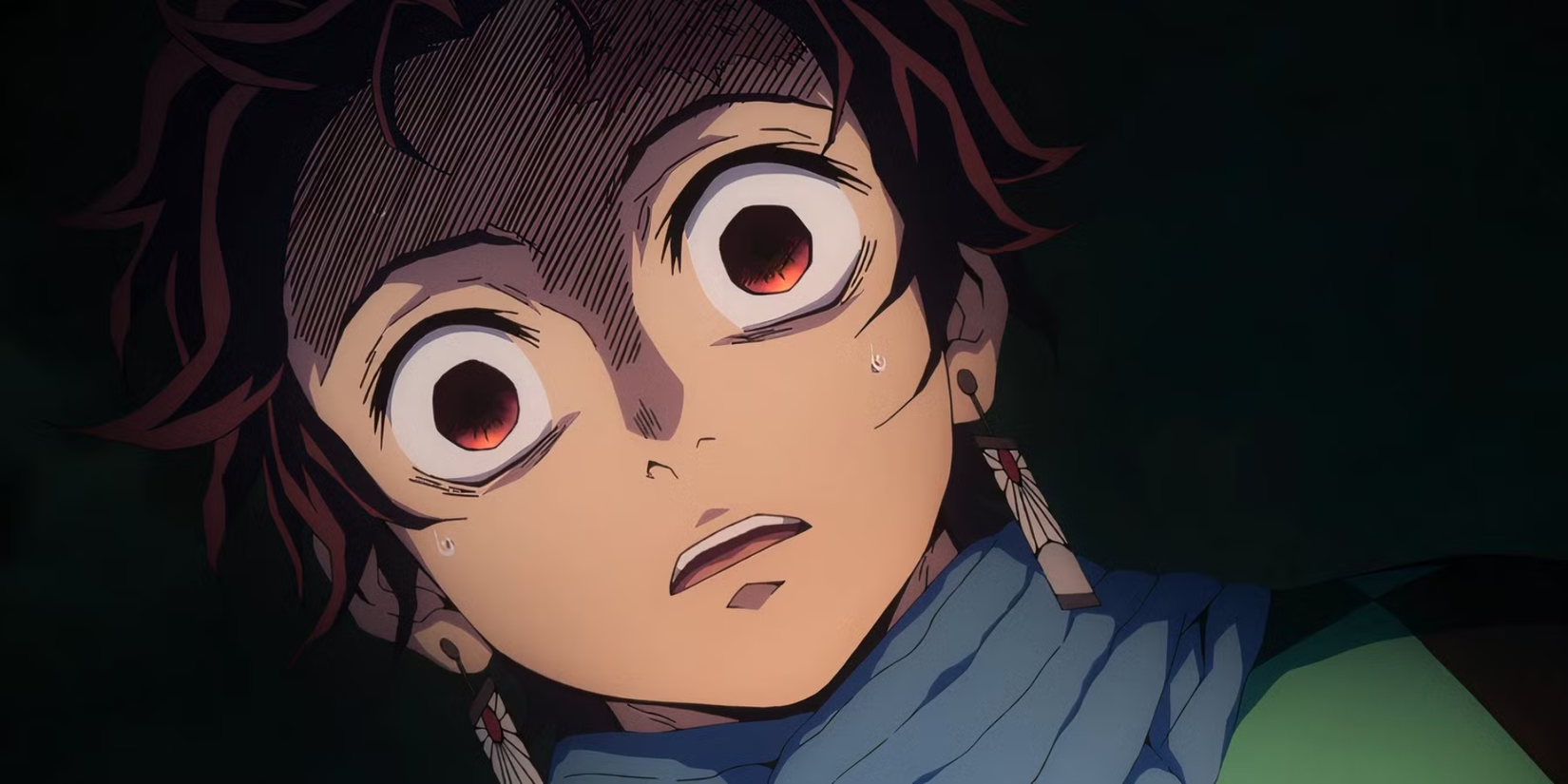
.jpg?q=49&fit=crop&w=825&dpr=2)
